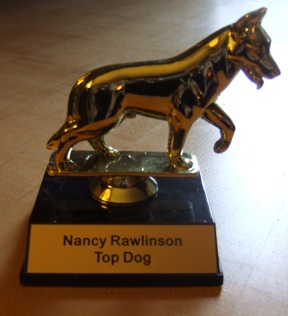No One’s Despair is Like My Despair

This is probably the exact wood violet that Glück was talking about in her poem. Maybe.
My father recently sent me a quote from the poet Louise Glück who, in her collection of essays, Proofs and Theories, writes that the fundamental experience of the writer is…
…helplessness…most writers spend much of their time in various kinds of torment: wanting to write, being unable to write, wanting to write differently, not being able to write differently. It is a life dignified…by yearning, not made serene by sensations of achievement.
Which is affirming, if you look it at one way, and see it as confirmation that your own struggles — and what writer does not struggle? — are par for the course, a consequence of the difficult art you have chosen for yourself, and not a symptom that you suck.
So many people that I work with think that their writerly torment means that they are doing something wrong, or that they shouldn’t be writing, or they believe that that no one else finds it so hard. Me and ole’ Louie G are here to tell you otherwise.
At the same time, though, jeeze, Louise. Bleak much? I replied to my father’s email with just such a sentiment. “I get it,” I wrote to him. “I experience it, but what’s the freakin’ payoff? Why do this?”
His reply: “Well, the reason for doing it is that there’s no other way of ‘getting’ it than by doing it. That’s the payoff: being in it. ‘Cos otherwise you’re not in it. And then where are you?”
That’s a prime esoteric father response right there, readers. I get it though. Do you? Is this your reason for writing or are you driven by something else entirely?
As a closing note, here’s a link to a Glück poem, called “April,” because we are in April and despite all the writerly torment that we all put ourselves through on a daily basis, the spring sunshine outside is glorious. This is not at all what the poem is about, though.

